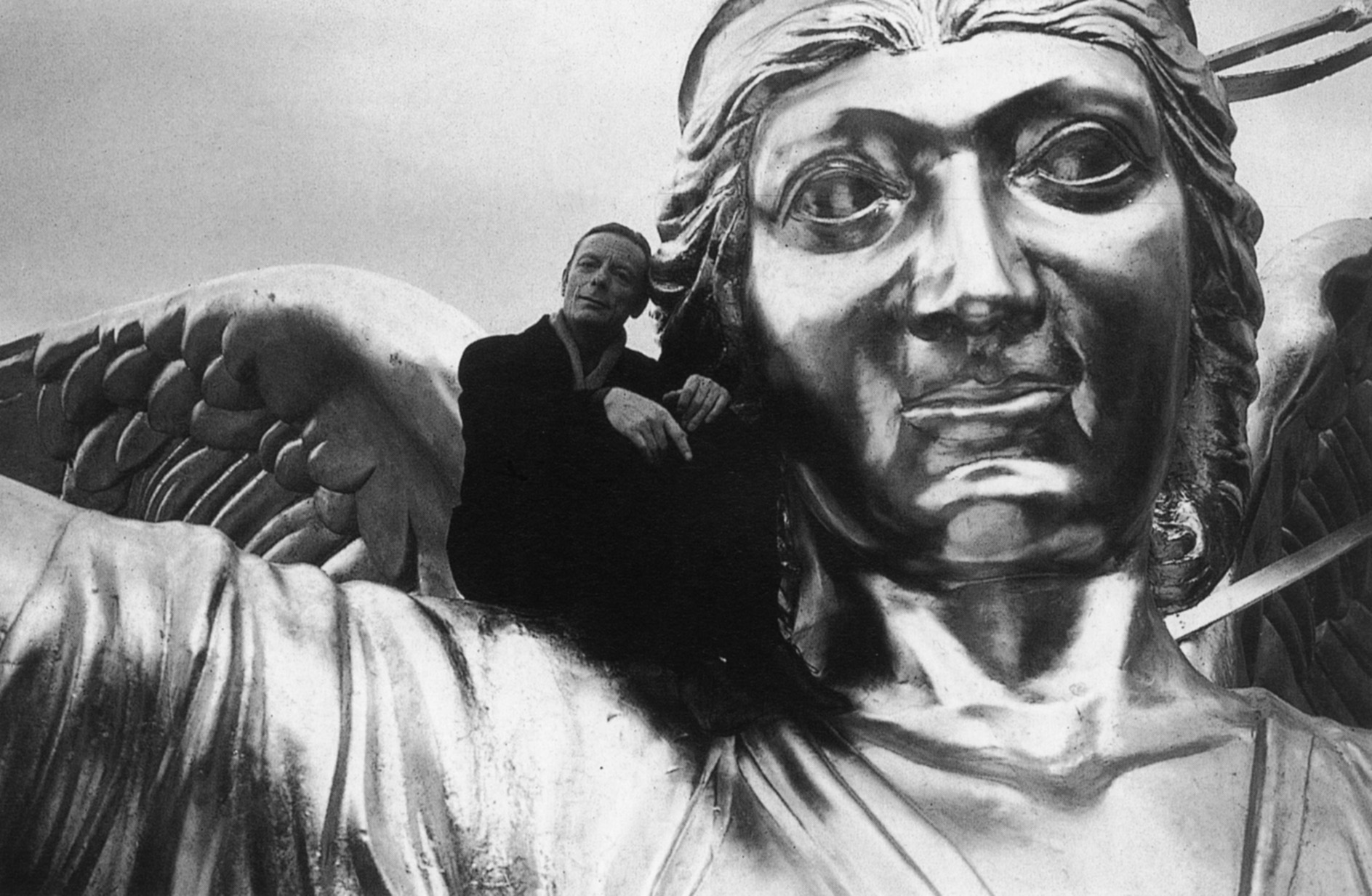| segunda-feira, março 14, 2005 |
| Murasaki - I |
Murasaki Shikibu (Lady Murasaki: 973-1025? C.E.)

Murasaki Shikibu is the best known writer to emerge from Japan's glorious Heian period. Her novel, The Tale of Genji (Genji-monogatari) is considered to be one of the world's finest and earliest novels. Some argue that Murasaki is the world's first modern novelist.
Shikibu was born into the Fujiwara family, daughter of the governor of a province, who also was a well known scholar. Always very intelligent, as a child she learned more quickly than her brother, causing her father to lament, "If only you were a boy, how happy I should be!" He did, however, allow Shikibu to study with her brother, even letting her learn some Chinese classics, which was considered improper for females at the time.
When she was in her early twenties, Lady Murasaki was married to a distant relative. Her only daughter was born in 999. After the death of her husband in 1001 A.D, knowing of her writing talent and her brilliant mind, the imperial family brought Lady Murasaki to court.
At court, Lady Murasaki began a diary she kept up for two years. While giving a vivid account of court life, it also gives us insights into what Lady Murasaki thought. For example, she didn't like the frivolous nature of court life. Once she described a picture competition there as a "moment in the history of our country when the whole energy of the nation seemed to be concentrated upon the search for the prettiest method of mounting paper scrolls!" She also went to great pains to hide her knowledge of Chinese, fearing the criticism of those who felt it to be unladylike to be happy reading this obscure language.
Shikibu may have begun The Tale of the Genji before she came to court. Yet much of it was written there, loosely based on her years as lady-in-waiting to the Empress Akiko. It is a very long novel about complications in the life of a fictitious prince called Genji. Like many of the court ladies, Shikibu was a master at observing the daily activities and attitudes of upper class society.
The tales of Prince Genji, known as "the Shining Prince," became popular from the moment of its release. It was meant to be read aloud, and the earliest Genji manuscript was lost. Luckily early 12th century Genji manuscript scrolls survived, and through the ages, the novel has been translated into many languages and been studied and discussed by many scholars.
Little is know about Lady Murasaki's later life. She may have retired from court to seek seclusion in a convent at about the age of fifty. Her writings suggest that at the end she sensed the violent changes that were coming to her rather decadent upper class life. In the distance, the sounds of provincial warriors rumbled - the samurai who in 1192 overthrew the power of the emperor and created a feudal military government headed by a shogun.
©1996-2005 Women in World History Curriculum |
| posted by George Cassiel @ 9:50 a.m. |
|
|
|
|
|
GEORGE CASSIEL
Um blog sobre literatura, autores, ideias e criação.
_________________
"Este era un cuco que traballou durante trinta anos nun reloxo. Cando lle
chegou a hora da xubilación, o cuco regresou ao bosque de onde partira.
Farto de cantar as horas, as medias e os cuartos, no bosque unicamente
cantaba unha vez ao ano: a primavera en punto."
Carlos López, Minimaladas (Premio Merlín 2007)
«Dedico estas histórias aos camponeses que não abandonaram a terra, para encher os nossos olhos de flores na primavera»
Tonino Guerra, Livro das Igrejas Abandonadas |
| |
|
|









